On July 28, Facebook issued a Safety Check in response to a shooting in a Chicago neighborhood, asking its users located in the area to verify if they were safe. Rather than wait for one of its employees to issue a Safety Check in the wake of a crisis, Facebook has recently begun using community-generated Safety Checks. These alerts are generated when a spike in user statuses tells the algorithm that there’s a crisis underway, which Facebook can follow-up with an employee-initiated Safety Check. As Facebook strives to make its crisis alert features faster and more precise, it gains use as a real-time crisis management tool rather than simply a crisis news source.
Facebook’s new Safety Check feature has arrived amidst increased demand for emergency reporting mechanisms following this summer’s wave of terror attacks, and was recently deployed in Orlando and Dallas. Other technology companies with an international reach are now developing their own alert functions: Google has its Person Finder to locate loved ones after disasters, while Uber added an SOS button to its app in India and is testing a safety hotline for American cities. As technology companies expand their community-generated safety alerts, users will rely on them as an indispensable part of their own and their loved ones’ safety.
Using Facebook’s unique platform, Safety Check offers a clear advantage over inadequate government crisis alert mechanisms. First, “check in” messages instantly relay a tacit “stay away” to nearby citizens, increasing their emergency situational awareness. Second, Safety Check offers an alternative to telephone networks, which often jam up during crises. Third, today’s crises affect victims from many different nations, which makes reporting even more chaotic. With its centralized network of over 1.13 billion daily users, Facebook fills the need for a global crisis communication tool.
By allowing users to quickly communicate that they are okay to loved ones or friends, Facebook can absorb some of the work of overburdened government crisis-response programs, allowing them to focus on other critical tasks like searching for missing persons. Such help would be welcomed by the government: in the aftermath of the Paris attacks, the State Department urged citizens to check in with family, not to contact the U.S. Embassy. In the immediate wake of a crisis, the government lacks Facebook’s capacity to update billions of people on a person’s status.
However, as Facebook continues to develop its community-generated safety alert algorithm and its implementation, any mistakes present real safety risks. A crisis location reported incorrectly could place citizens in danger. But the longer Facebook waits to verify an incident and activate the alert, the less useful the alert becomes. Similarly, speedy but vague crisis alerts may be of little value: Chicago residents reported confusion upon seeing the community-generated Safety Check “The Violent Crime in Chicago, Illinois.” In the short-term, the risks of user endangerment or loved ones’ confusion may outweigh the immediate gains, but such beta-testing is likely necessary to perfect a measure that will see use in high stress emergency situations.
Currently, only public posts contribute to Facebook’s ability to activate community-generated Safety Check, but its possibilities are wide-ranging. It could expand its coordination with local governments or partners beyond what it already does with its “digital Amber alert.” Many police stations or governments use Facebook to spread urgent information, but community-generated Safety Check could help first responders and relief organizations more quickly determine where to focus their rescue efforts. Or Facebook could contribute to the GeoWeb, tracking natural disasters with user input and then mapping the data within Safety Check. Community-generated Safety Check is only the latest crisis response tool on social media, offering a glimpse of what is possible with crowdsourced information.
Nicole Don contributed to this post.
Facebook is a donor to the Brookings Institution. The findings, interpretations, and conclusions posted in this piece are solely those of the authors and not influenced by any donation.
The Brookings Institution is committed to quality, independence, and impact.
We are supported by a diverse array of funders. In line with our values and policies, each Brookings publication represents the sole views of its author(s).

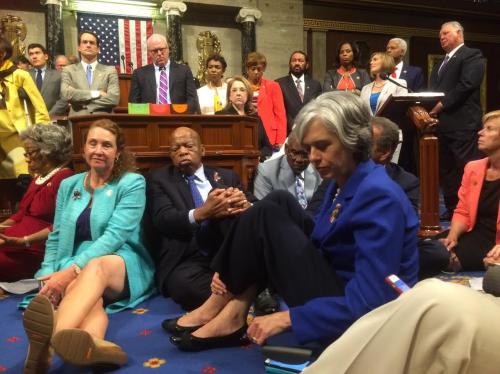
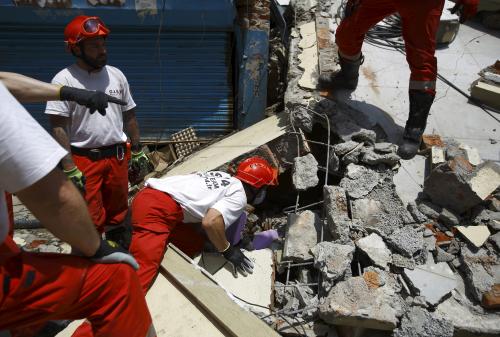
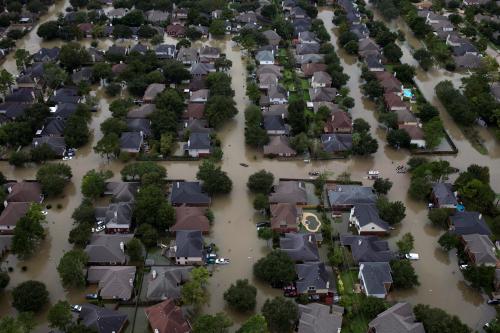



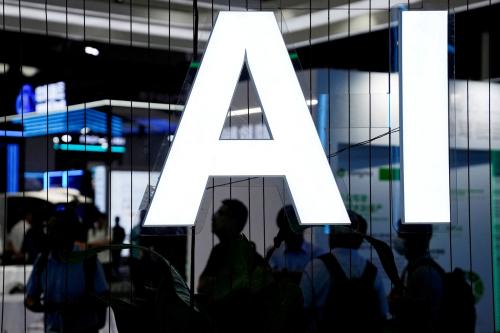
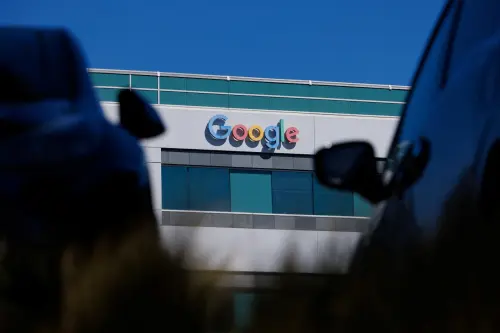
Commentary
Are you safe? Facebook’s Safety Check and the future of emergency management
August 31, 2016